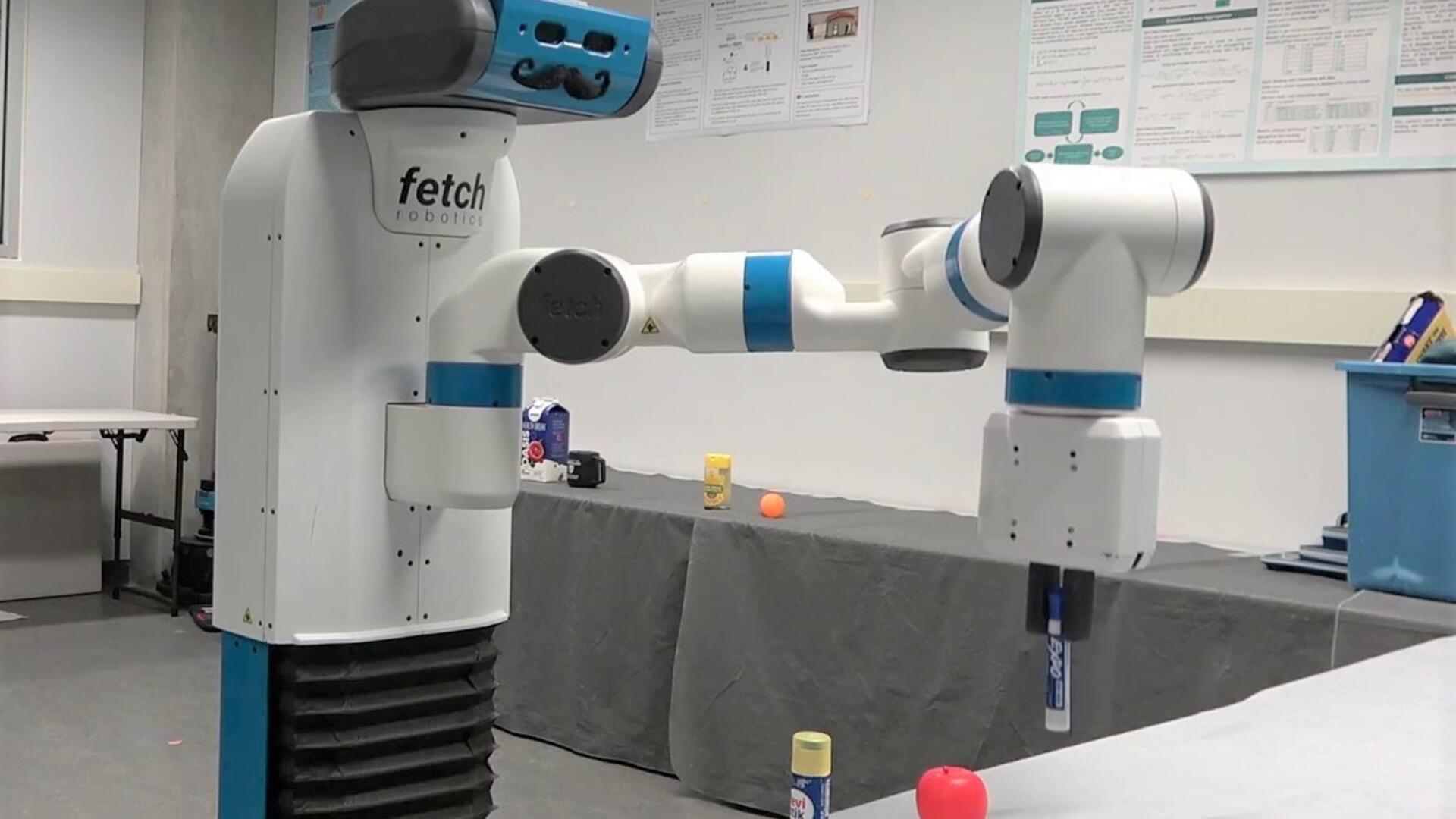Engineers at the University of Waterloo have discovered a new way to program robots to help people with dementia locate medicine, glasses, phones and other objects they need but have lost.
And while the initial focus is on assisting a specific group of people, the technology could someday be used by anyone who has searched high and low for something they’ve misplaced.
“The long-term impact of this is really exciting,” said Dr. Ali Ayub, a post-doctoral fellow in electrical and computer engineering. “A user can be involved not just with a companion robot but a personalized companion robot that can give them more independence.”
Ayub and three colleagues were struck by the rapidly rising number of people coping with dementia, a condition that restricts brain function, causing confusion, memory loss and disability. Many of these individuals repeatedly forget the location of everyday objects, which diminishes their quality of life and places additional burdens on caregivers.
Engineers believed a companion robot with an episodic memory of its own could be a game-changer in such situations. And they succeeded in using artificial intelligence to create a new kind of artificial memory.
